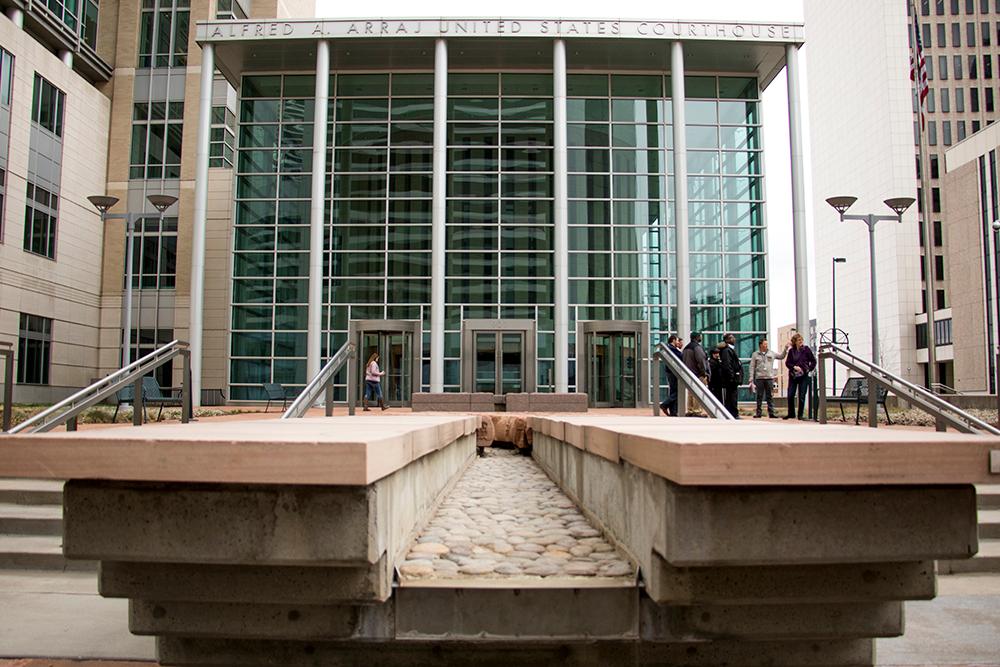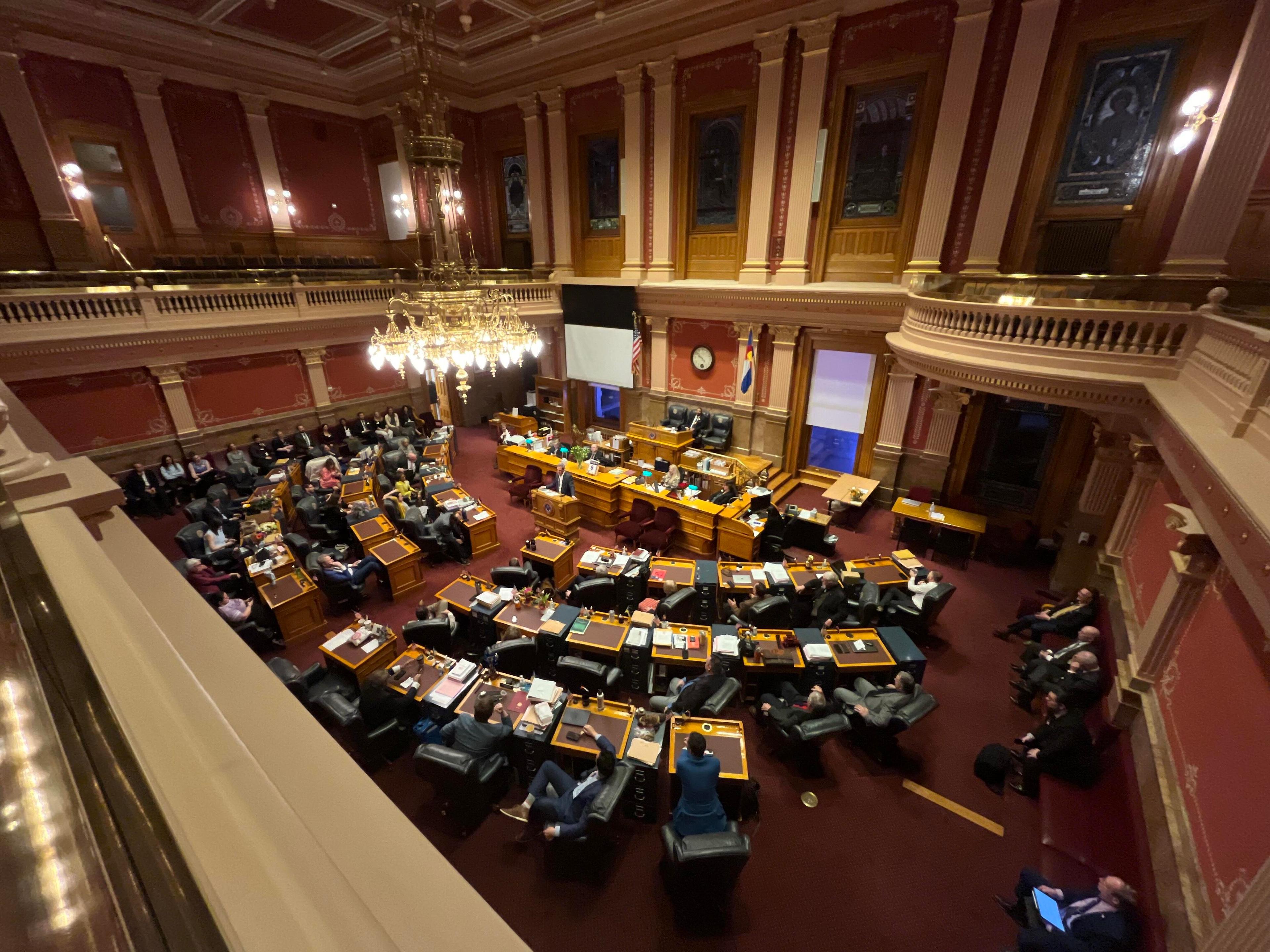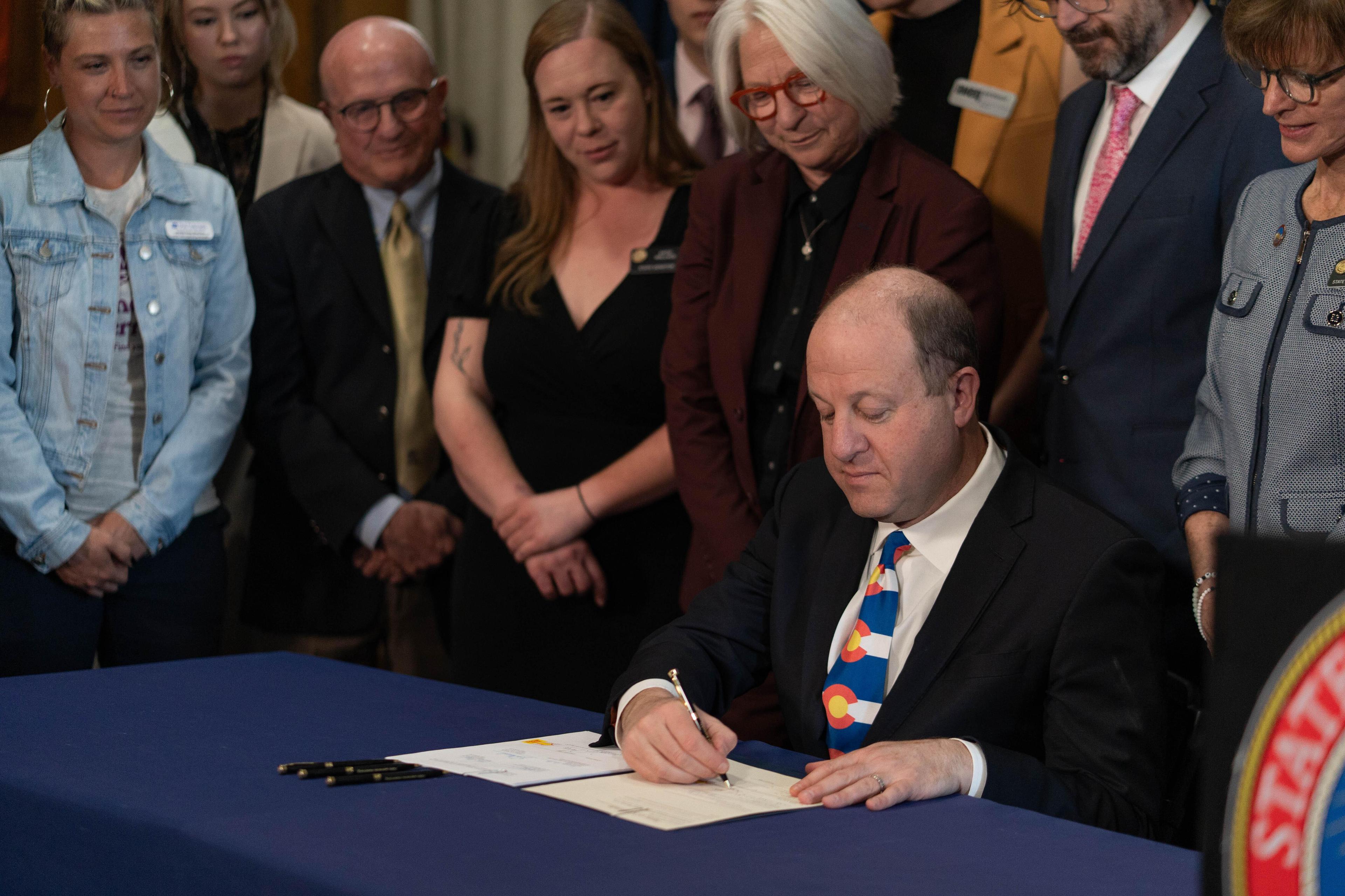
A federal judge in Colorado has rejected claims that a grassroots canvassing effort that aimed to root out alleged fraud in the 2020 election crossed the line into illegal voter intimidation.
U.S. District Court Judge Charlotte N. Sweeney, who was appointed by President Joe Biden, issued the order after a three day bench trial.
The order did not include her reasoning.
The suit was filed in 2022 by a coalition of groups, including NAACP Colorado, League of Women Voters of Colorado and Mi Familia Vota, against the U.S. Election Integrity Plan and its leaders. The plaintiffs argued that the group’s door-to-door effort to root out fraud violated the Voting Rights Act of 1965 and the Ku Klux Klan Act of 1871. USEIP previously filed a countersuit for defamation.
The group claimed in a 2022 report that its volunteers knocked on nearly 10,000 doors in four Colorado counties — El Paso, Weld, Pueblo, Douglas — asking people about whether they voted and checking their responses against government records. The goal was to find discrepancies between the voting record and what actual voters said they did. Officials in other counties, including Mesa, have said canvassing was done there as well. Several other states also saw canvassing efforts.
Election denial influencers had been traveling the country encouraging people to do these sorts of citizen investigations.
The plaintiffs alleged in the lawsuit that USEIP members sometimes carried firearms and badges during visits to voters’ homes, even though they do not work for the government. It cited no specific examples but alleged the effort would especially negatively affect communities of color and future get-out-the-vote efforts.
“We are disappointed in this ruling and are exploring all appeal options,” said attorney Courtney Hostetler in a written statement. Hostetler, who is legal director of Free Speech For People, was on the team for the plaintiffs.
But on Thursday Judge Sweeney determined there was not enough evidence to prove the groups' allegation.
One volunteer for USEIP said in an earlier interview with NPR that volunteers were instructed not to ask who a person voted for or push to get answers, instead their goal was to verify publicly available information.
“We don’t care how you voted,” said Rebecca Keltie, a former Republican congressional candidate who went out with a USEIP for a day to an apartment complex in Colorado Springs. She said the effort went smoothly and most people were happy to talk. She said she’s not sure why the canvassers were sent to certain locations, but that the votes were “in question” based on a formula determined by leaders of the group.
Supporters of the canvassing effort say there was nothing wrong or illegal with citizens trying to self-audit the election process.
Editor's Note: The original headline on this story incorrectly described the judge's action. It has been updated.








